Robin Williams committed suicide by hanging himself with a belt at his San Francisco Bay Area home, sheriff’s officials said Tuesday.
Marin County Sheriff’s Lt. Keith Boyd said Williams was found in a bedroom by his personal assistant Monday at his Tiburon, California, home.
Boyd said toxicology tests will be performed and the investigation is ongoing.
Williams was 63 and had suffered for years from periodic bouts of substance abuse and depression.
Williams’ press representative Mara Buxbaum said the actor had been battling severe depression recently. Just last month, Williams announced he was returning to a 12-step treatment program.
Williams was a Juilliard-trained actor and uncontainably exhibitionist comic who became one of the most dazzling all-around talents in show business, winning an Academy Award for a dramatic role in “Good Will Hunting” and an Emmy for his stand-up work.
Long fueled by an alcohol and cocaine addiction, Williams was a motormouthed and unpredictable entertainer in whatever medium he was working, whether movies, television, Broadway or gala performances before Prince Charles of England.
Williams was a satirist, an Oscar-winning dramatic actor and mimic of everyone from Carol Channing to Jack Nicholson, from a British actor rendering “Hamlet” to a ghetto tough to Henry Kissinger channeling the morgue-voiced actor Peter Lorre.
Audiences gravitated to his unprintably profane comic riffs on guns, drugs, God and politics. Of Arnold Schwarzenegger, the former bodybuilder and Hollywood-action-star-turned-California-governor, Williams equated his branding as a moderate Republican to “a Volvo with a gun rack – you don’t see a lot of them.”
Of the lackluster economy toward the end of President George W. Bush’s administration, Williams pointed out: “They say the economy is essentially sound because people are considering buying things. That’s like saying fat people are healthy because they might exercise.”
Once, upon spotting a man carrying a poster from Alcatraz prison, he shouted, “A gift shop at Alcatraz!” and in a child’s voice pleaded, “Daddy, get me the electric chair.”
It was nearly impossible to harness his style – although, when under skilled direction, he was able to offer restrained and surprisingly deft dramatic portraits.
Williams won an Oscar as best supporting actor as a therapist in “Good Will Hunting” (1997) after having been nominated for lead actor roles three times, as an irreverent disc jockey in “Good Morning, Vietnam” (1987), an inspirational boarding school teacher in “Dead Poets Society” (1989) and a distraught widower in “The Fisher King” (1991).
As a Hollywood actor, he was almost always compelling but uneven in his choice of roles, which shifted dramatically between riveting (“Awakenings”) and maudlin (“Patch Adams”) and in the comic realm between the expertly served (“Mrs. Doubtfire,” “The Birdcage”) and thuddingly mediocre (“Night at the Museum”).
He also became a sitcom star as an eccentric extraterrestrial in Boulder, Colo., on ABC’s “Mork and Mindy” (1978 to 1982) and always brought an unpredictable presence to cameo roles on television series or interview programs.
Robin McLaurin Williams was born July 21, 1951, in Chicago and raised in a 30-room mansion in the affluent Detroit suburb of Bloomfield Hills, Mich.
His father, Robert, was a sales executive at Ford Motor, and his mother, Laurie, was a former model her son would later call a “Christian Dior scientist.” Each parent brought a much older child from a previous marriage into the family, leaving Robin to play by himself with 2,000 toy soldiers – giving each a different voice.
As a child, Robin developed a sharp humor to attract attention from his parents. To his father, who liked to be called “sir,” he instead used the honorific “Lord Stokesbury, Viceroy of India.” He said his earliest comic influences were his mother, who enjoyed reciting funny poems, and Jonathan Winters, an absurdist improvisational comic of film and TV.
While studying political science at Claremont Men’s College, Williams took a class in improvisational comedy that changed the course of his life. He won admission to the Juilliard School in New York on a scholarship and trained under John Houseman, among other prominent stage actors and directors. His classmates included Christopher Reeve, William Hurt and Mandy Patinkin.
He left in his third year to work in comedy clubs in San Francisco and, in 1978, married Valerie Velardi, a dancer. They had a son before divorcing. He married Marsha Garces in 1989 and had two children with her before they divorced. Survivors include his third wife, Susan Schneider. A complete list of survivors could not be immediately confirmed.
“This morning, I lost my husband and my best friend, while the world lost one of its most beloved artists and beautiful human beings. I am utterly heartbroken,” Schneider said in a statement. “As he is remembered, it is our hope the focus will not be on Robin’s death, but on the countless moments of joy and laughter he gave to millions.”
Director Steven Spielberg said in a statement that “Robin was a lightning storm of comic genius and our laughter was the thunder that sustained him. He was a pal and I can’t believe he’s gone.”
“We have lost one of our most inspired and gifted comic minds, as well as one of this generation’s greatest actors, said “Mrs. Doubtfire” director Chris Columbus. “To watch Robin work was a magical and special privilege. … He truly was one of the few people who deserved the title of ‘genius.’ ”
It was his first wife who suggested Williams move to Los Angeles and direct his talents at television. His routines at prominent clubs won him the attention of TV producers in the audience. This led to guest appearances on shows, including ABC’s sitcom “Happy Days” as the alien Mork.
The show’s producers had turned down 50 performers for the role before Williams auditioned for Mork. “About five o’clock, in walked this boy with rainbow suspenders,” producer Jerry Paris told The New York Times. “When he sat down, I asked if he would sit a little differently, the way an alien might. Immediately, he sat on his head. We hired him.”Audience reaction was so swiftly positive that the network gave Williams his own show as Mork in 1978. “Mork and Mindy” was about an alien from planet Ork sent to Earth in a giant egg to learn the mystifying habits of its people.
The film that made Williams a bona fide star was “Good Morning, Vietnam” (1987), as the loose-lipped DJ Adrian Cronauer on Armed Forces Radio in Saigon. The film, which reportedly made more than $120 million domestically, was best remembered for Williams one-liners amid the raging Vietnam War.
It took “Dead Poets Society” (1989) to transform him into a believably dramatic performer in the minds of mass audiences. The film critic Pauline Kael praised his “astonishingly empathetic performance as an eager, dedicated prep-school teacher in the late ’50s” who tries to liberate the minds of his students by urging them to “seize the day.”
Send questions/comments to the editors.

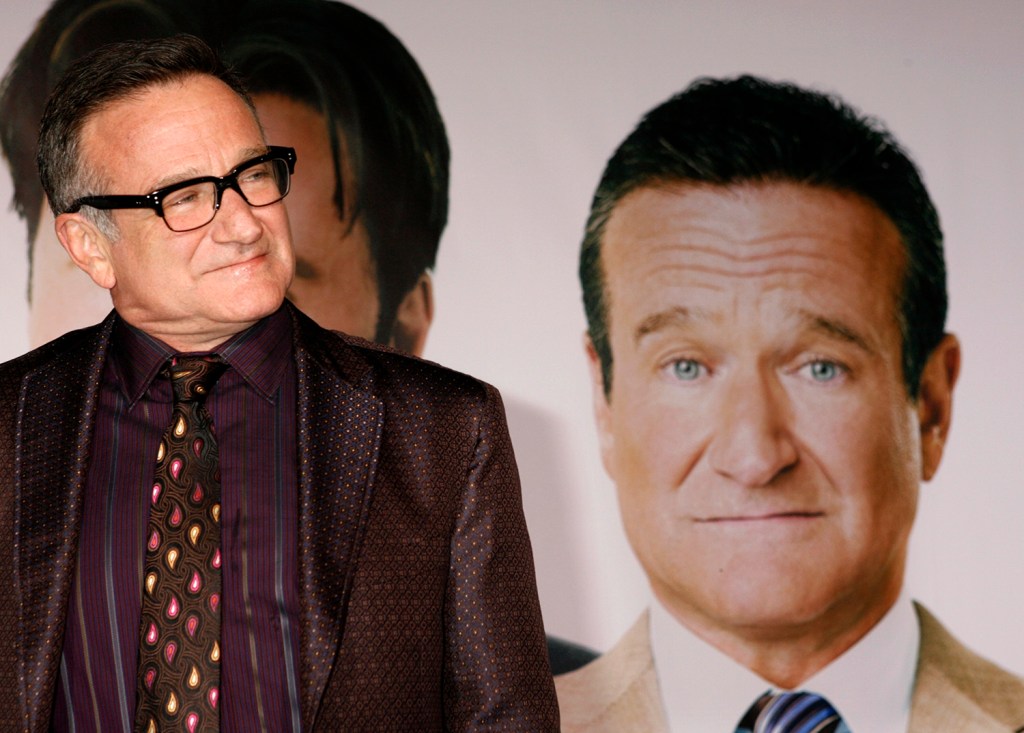
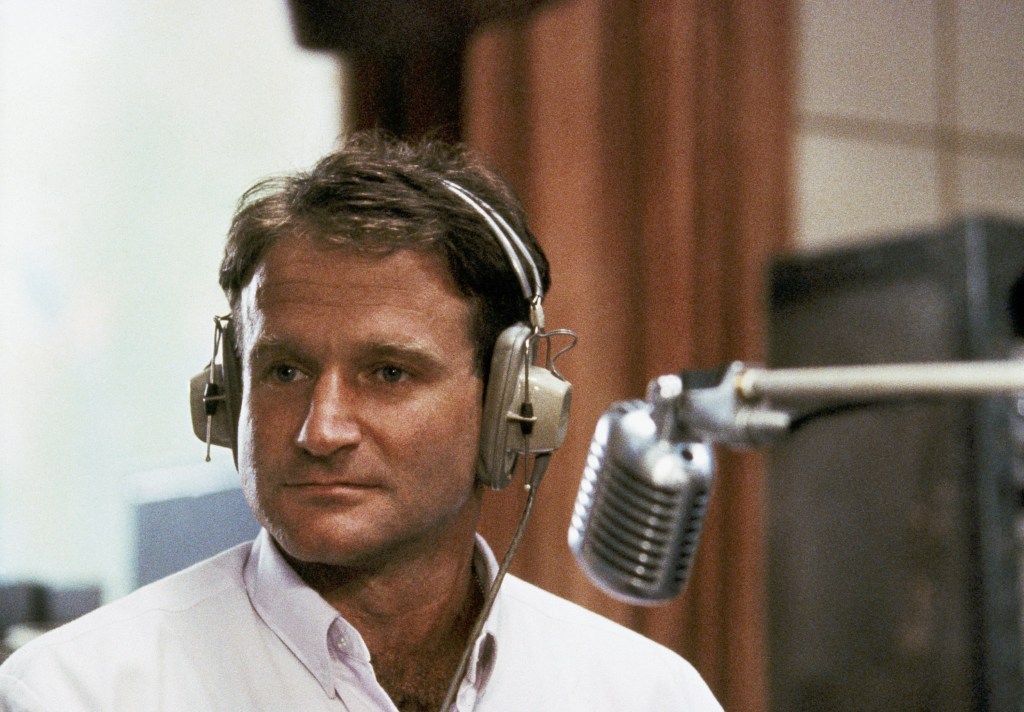
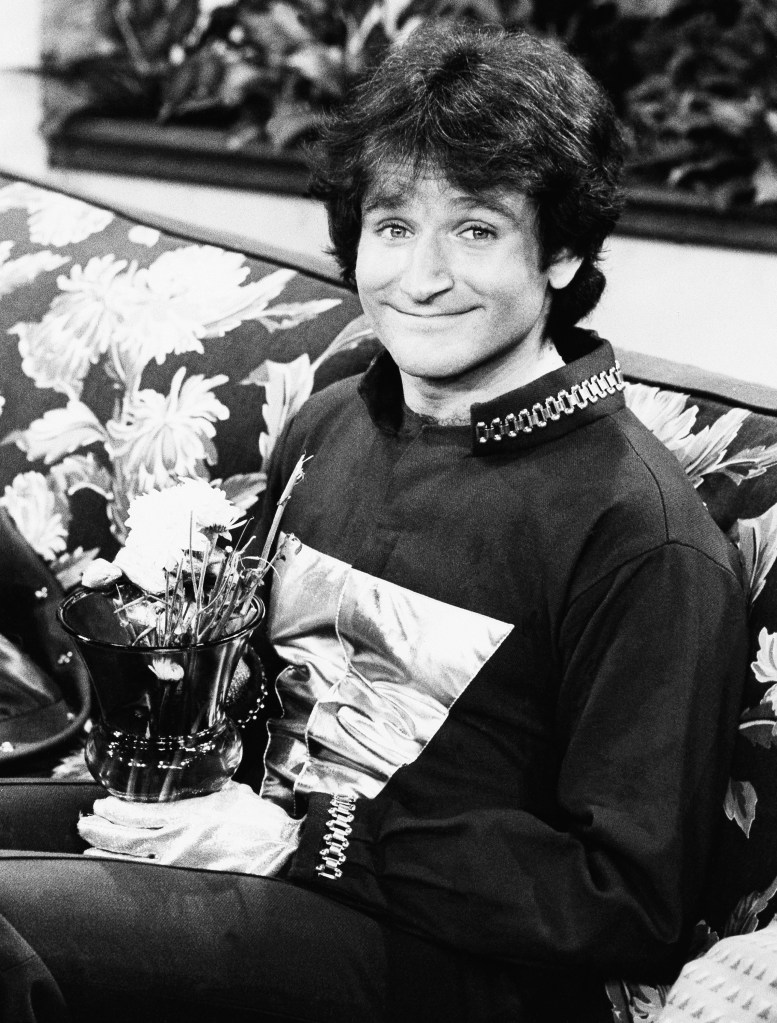
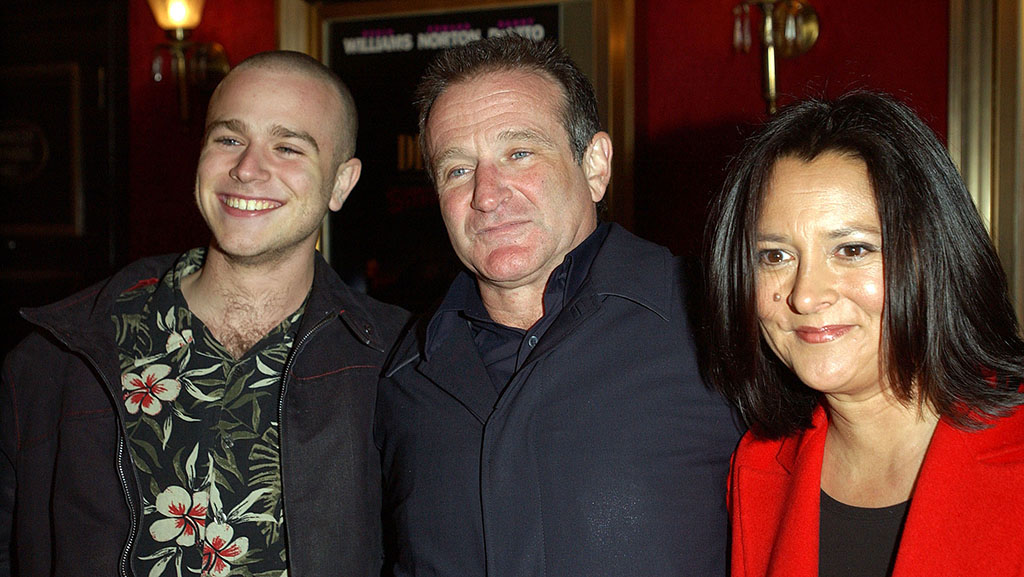
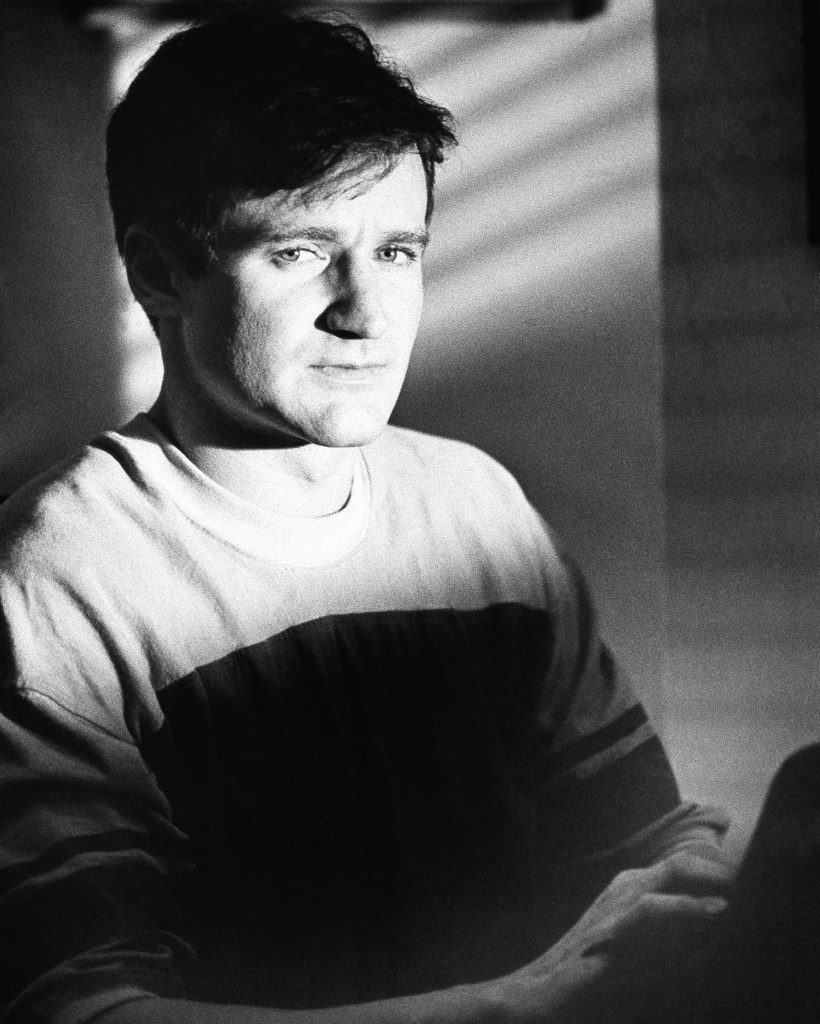
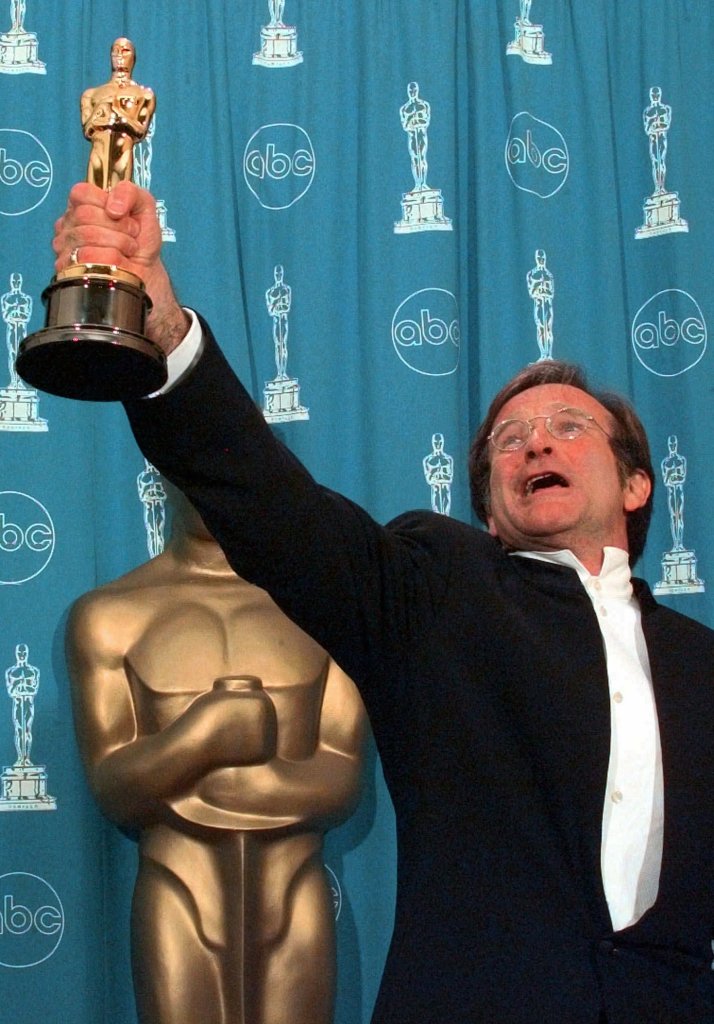
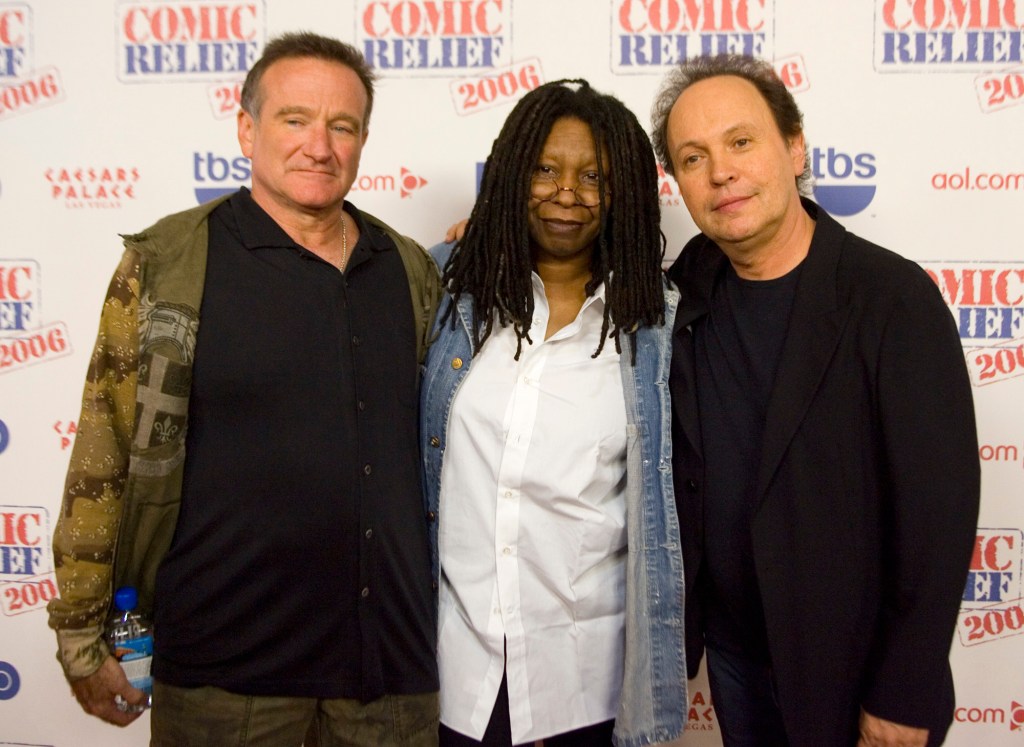
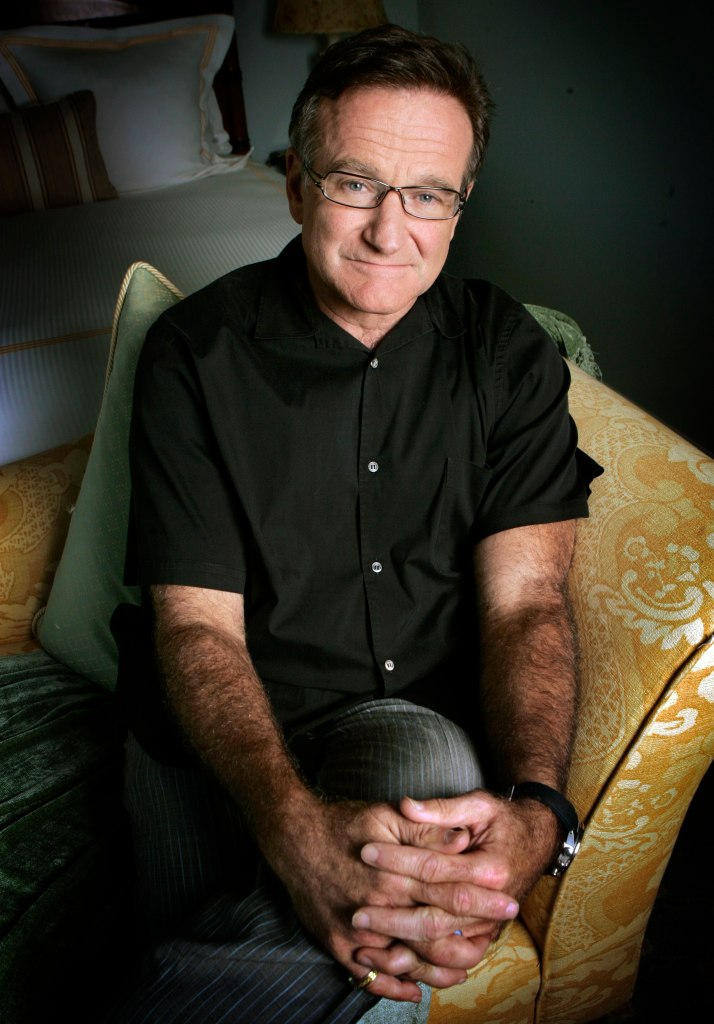
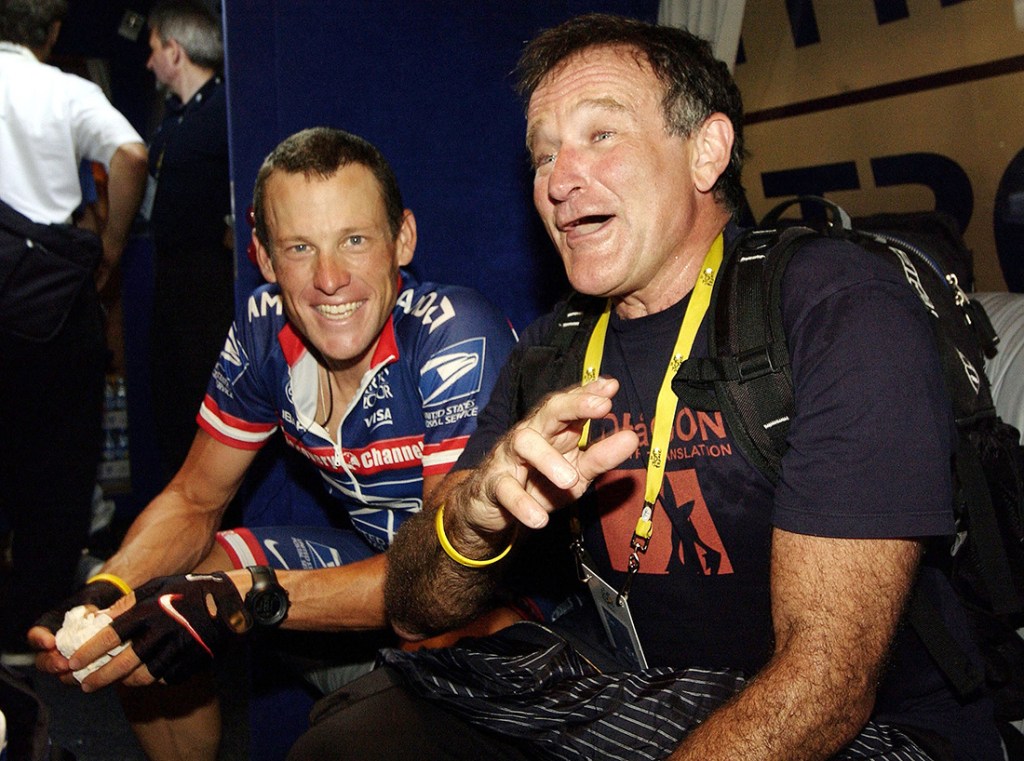
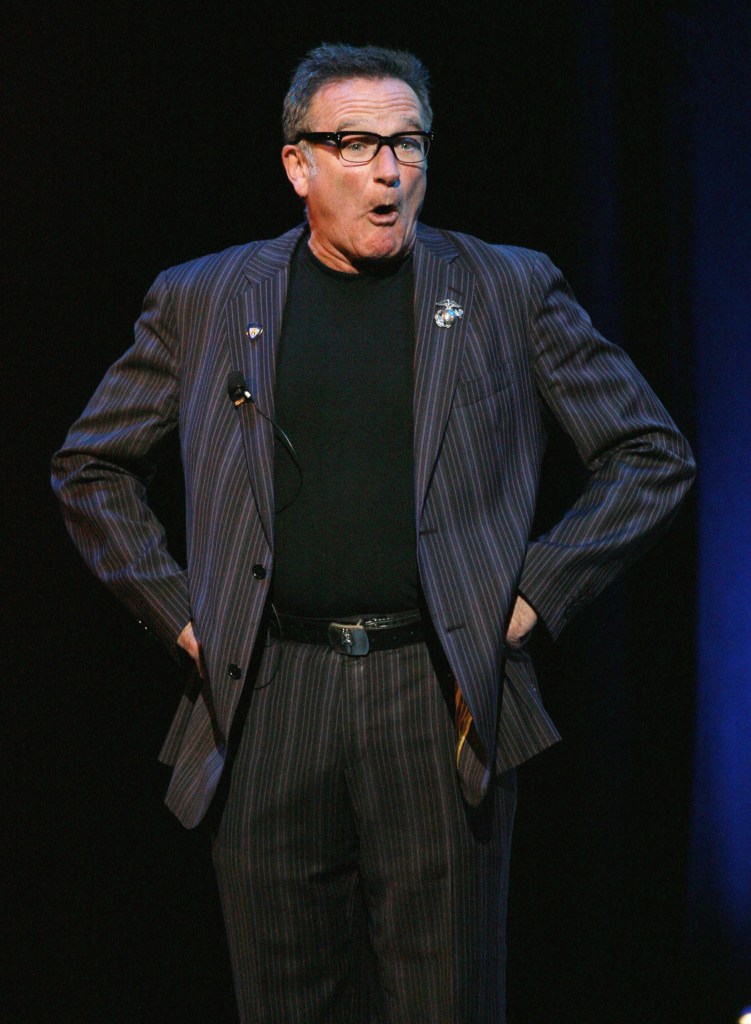
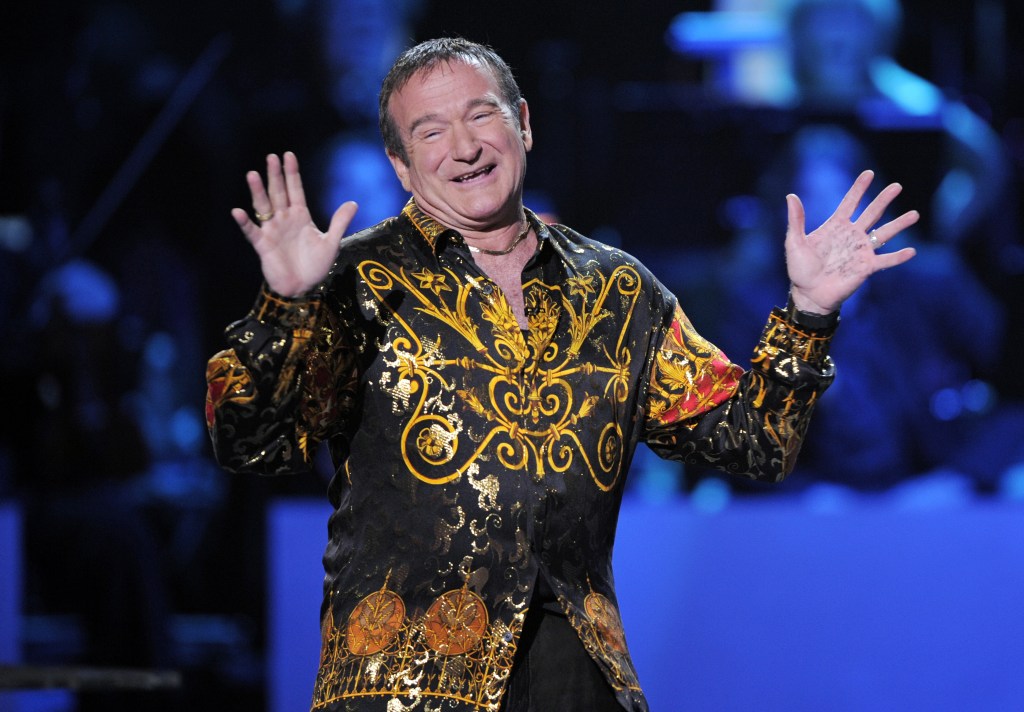
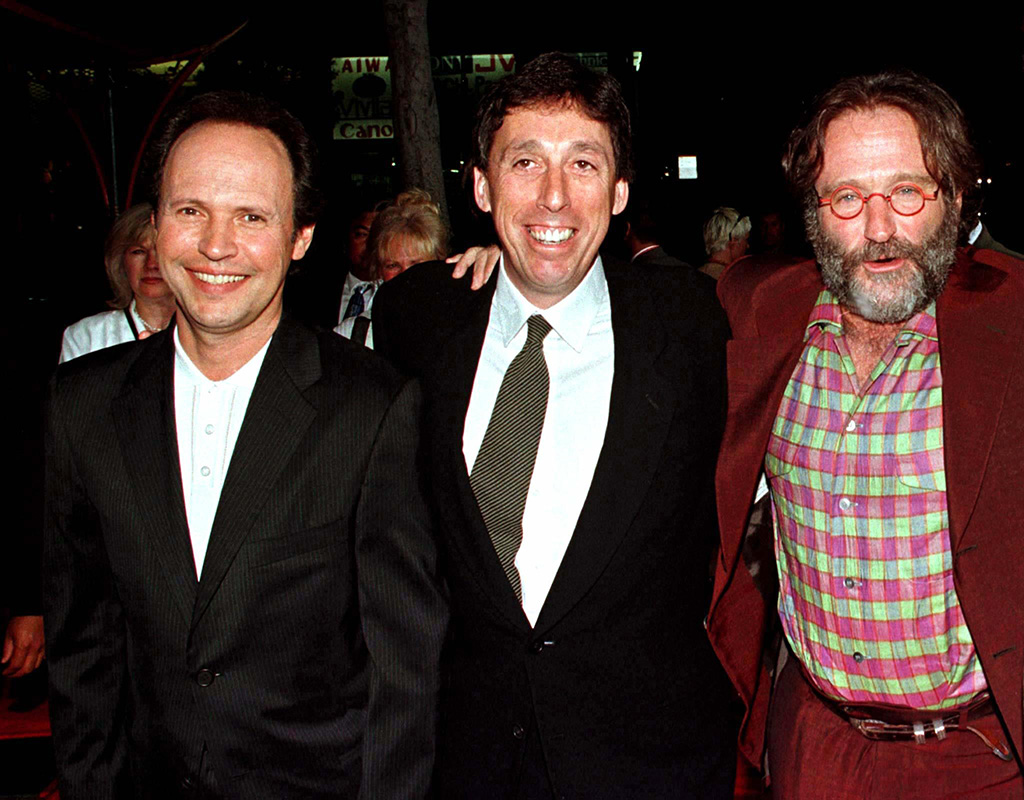
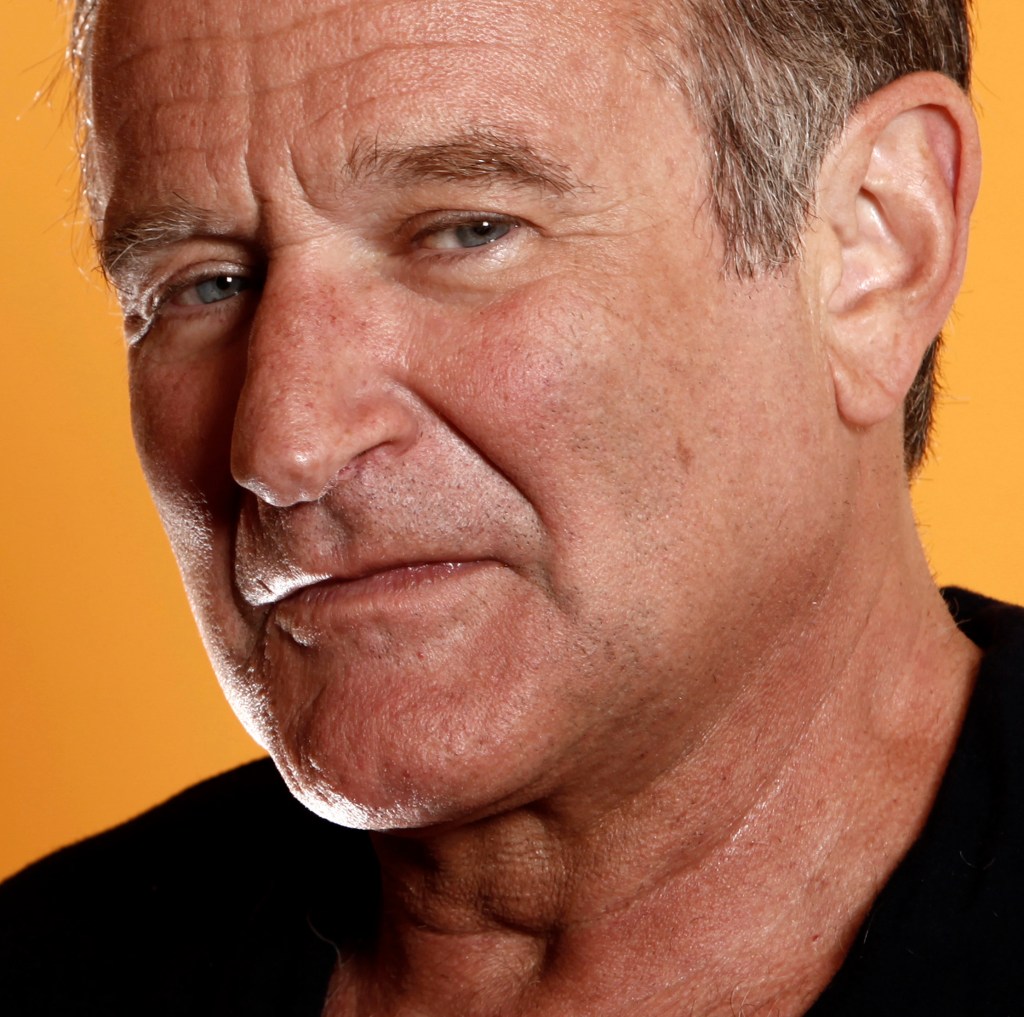
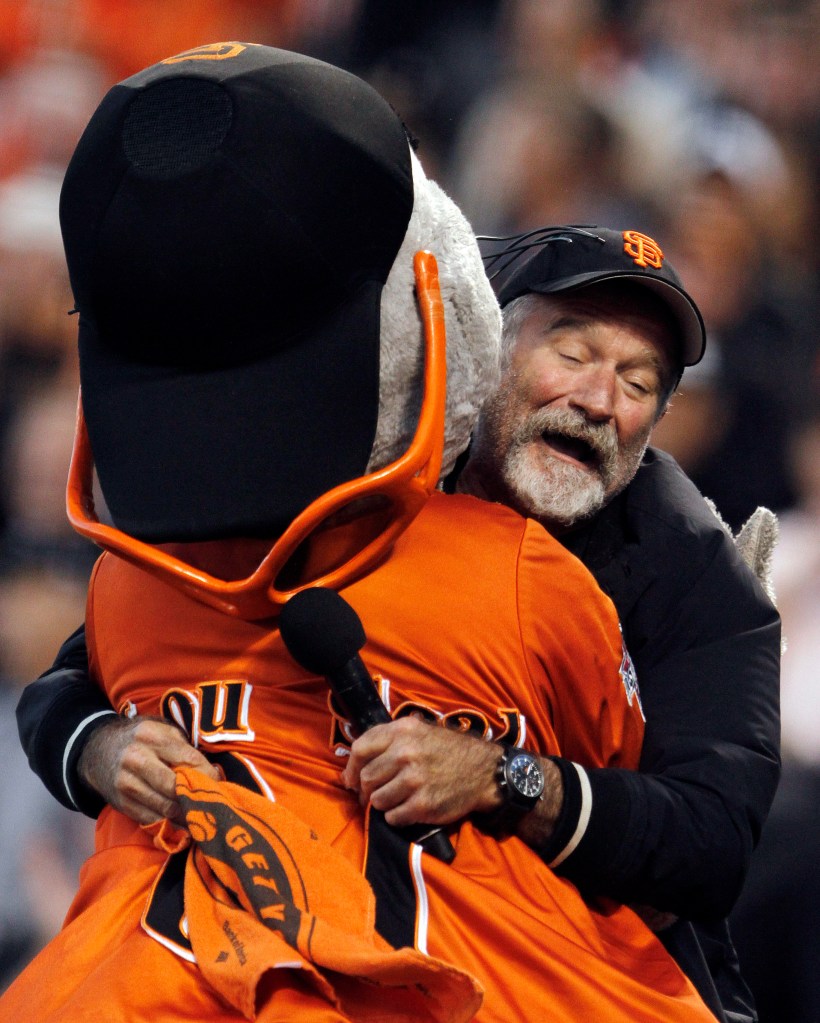
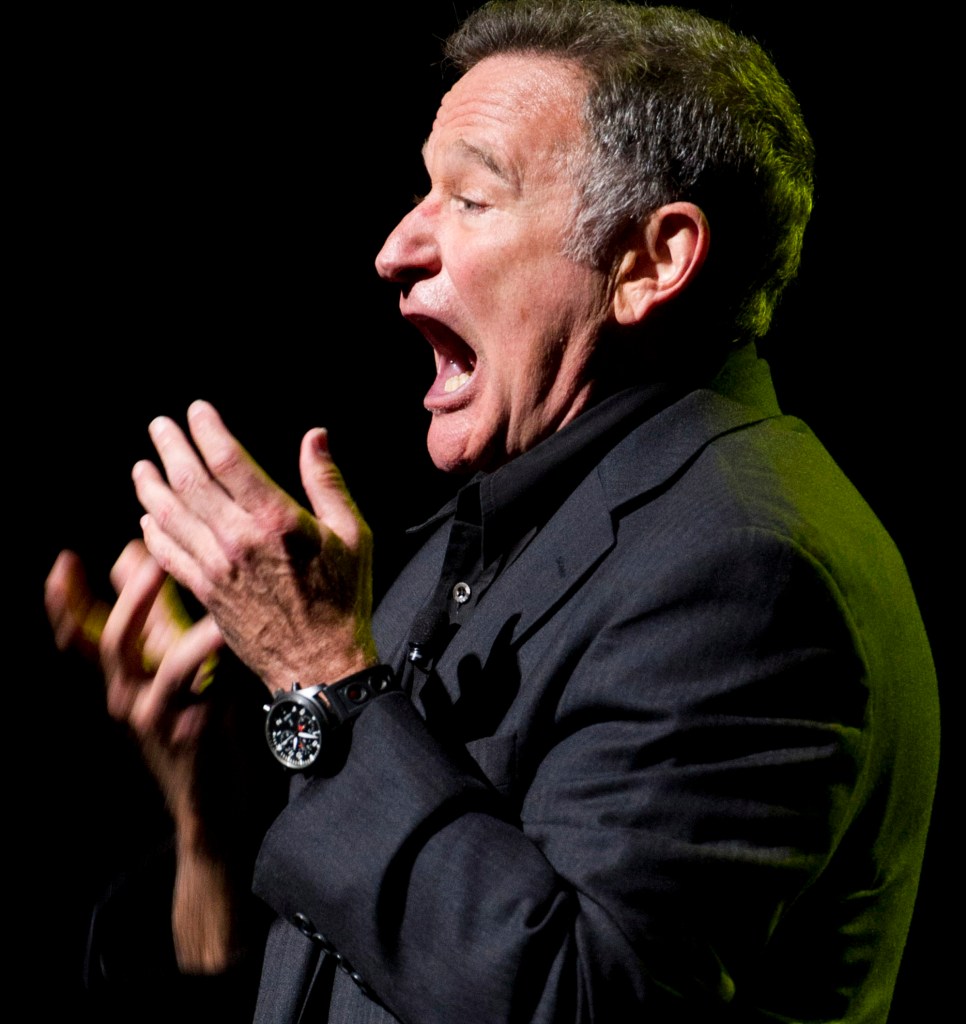

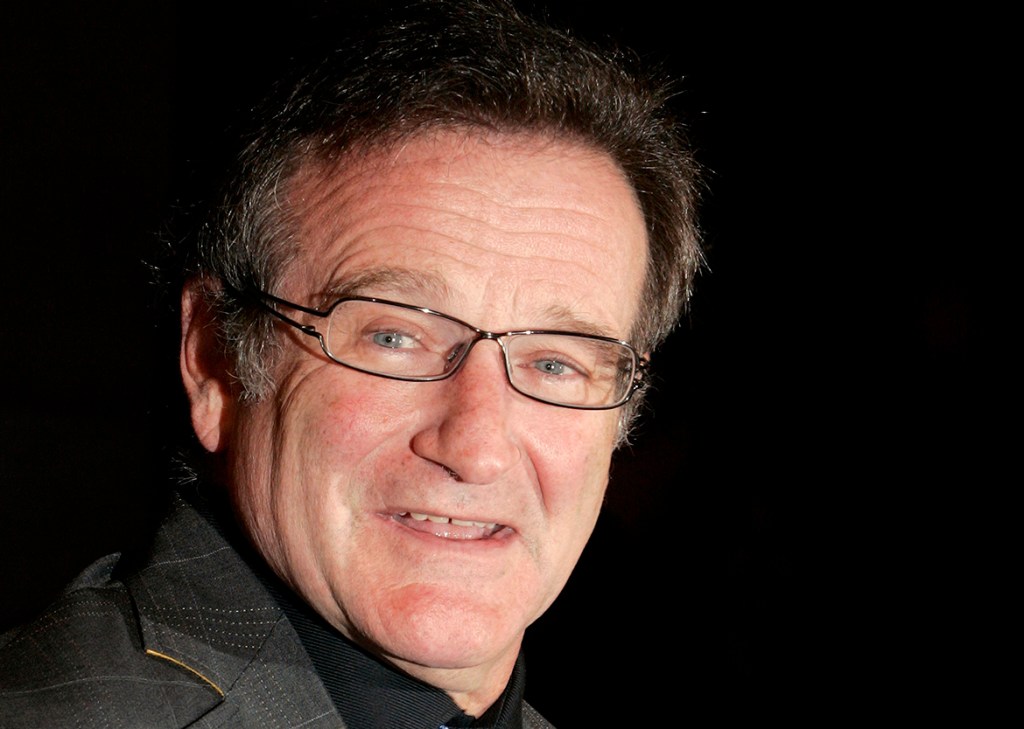



Success. Please wait for the page to reload. If the page does not reload within 5 seconds, please refresh the page.
Enter your email and password to access comments.
Hi, to comment on stories you must . This profile is in addition to your subscription and website login.
Already have a commenting profile? .
Invalid username/password.
Please check your email to confirm and complete your registration.
Only subscribers are eligible to post comments. Please subscribe or login first for digital access. Here’s why.
Use the form below to reset your password. When you've submitted your account email, we will send an email with a reset code.